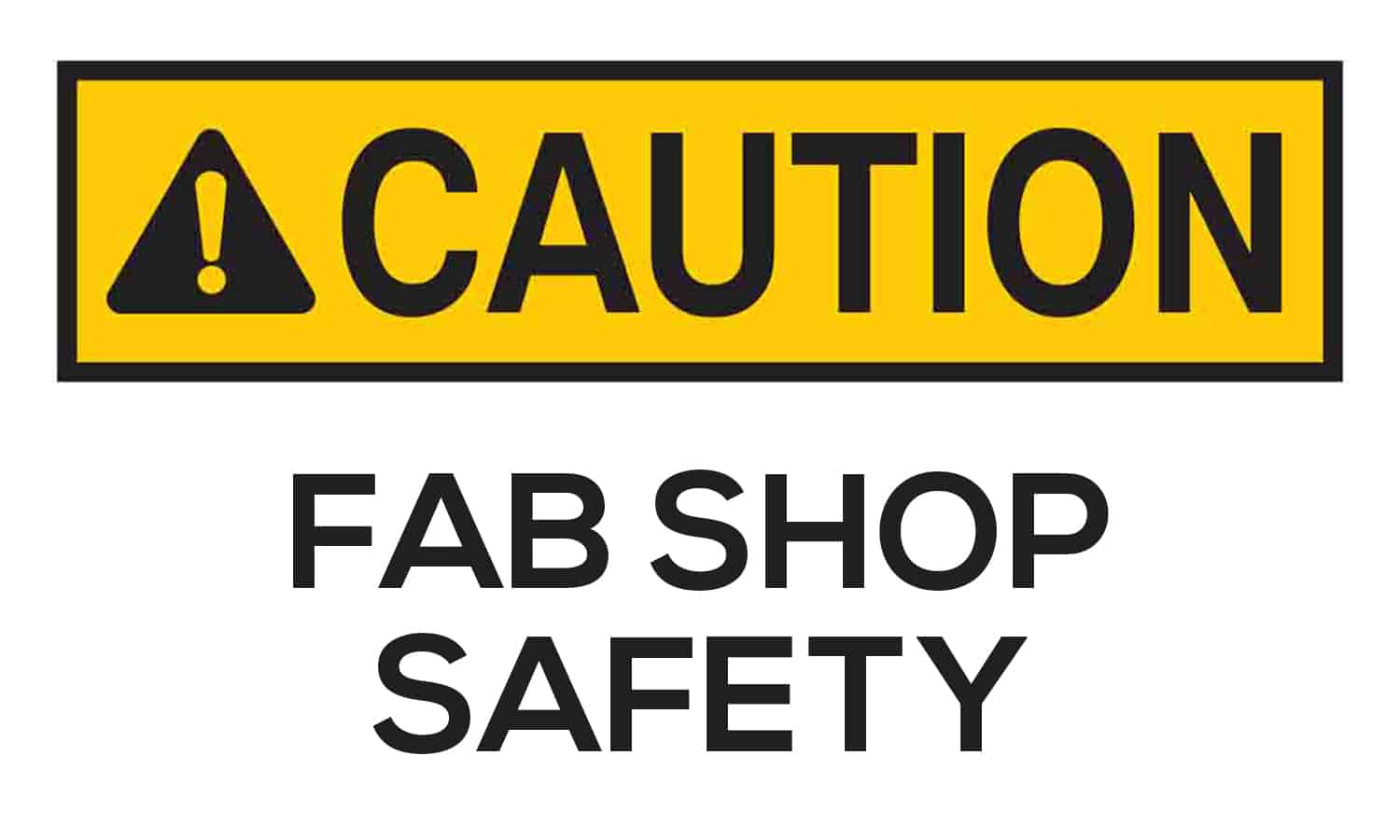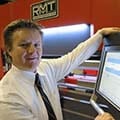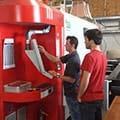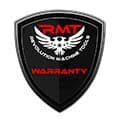A Safe Shop Is a Productive Shop
Some fabrication facilities will stress production above all other considerations. This often means not taking into account the fact that high production is a function of happy, satisfied workers possessing deep buy-in on the projects they are working while secure in a safe environment. A disgruntled worker might possess enough integrity to work for a time in a semi-productive manner, but a hazardous shop is a definite recipe for downtime and preventable costs to production.
Making safety the top priority of a shop—over every other concern—will lead to higher morale, fewer accidents, greater productivity and a much healthier bottom line.
What follows are some basic concepts of shop safety, applicable to fabrication shops and machine shops alike. They should be added to and adapted for the circumstances of your particular operation.
Your Greatest Asset
If the owners and managers of a facility don’t recognize that their greatest investment isn’t the half-million-dollar fiber laser on the shop floor, but rather the employees they hire to run it and all the other aspects of their operation, true success will never be achieved. Work can be contracted out in the case of a down machine, but a temp agency likely can’t supply someone with the training and specific knowledge base of most staff members.
Putting employees first isn’t a notion for a motivational poster in the break room, it’s an essential philosophy for owners and management to adopt and live by in order to avoid situations where neglect could lead to downtime, injury or worse.
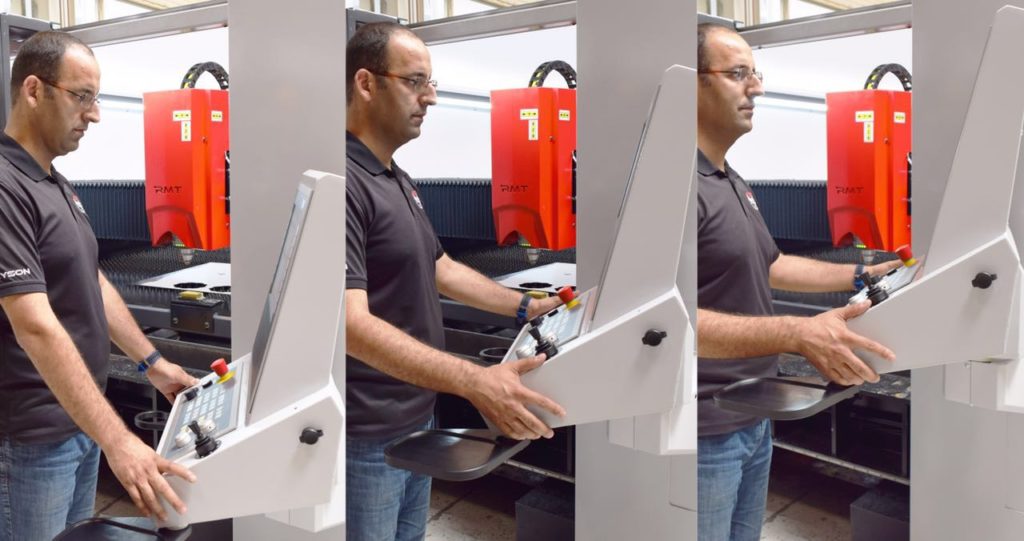
A Team Culture of Safety
It’s not enough to have safety as a core value of management, it has to become a critical part of the team culture that permeates the lives of all personnel, those in the office as well as those in the shop. Just as ideas are passed down from old to young in a family or community, a team culture of safety means that workers will pick up from each other habits of caution and care that are exhibited in the workplace.
Having the concept of shop safety front and center in the minds of each employee will help them to make safety an ongoing topic of their “walk and talk.” Stressing to senior employees the importance of always setting a responsible example and implementing fun, interactive training exercises that employees can look forward to are ways of helping create such a workplace culture.
Buy Safer Machines and Accessories
Let’s face it—some machines are built safer than others. A cheaper bandsaw or ironworker might not have safety guards with exactly the same quality as more pricy models. Just because the law might require that a minimum level of safety be built into the design of metalworking equipment doesn’t mean that they can’t be made even safer for operators and bystanders alike. Your equipment shopping should begin with dealers that sell machines that not only meet but exceed industry standards for safety.
Always look carefully at the standard safety measures provided with any machine considered for purchase, then ask about any optional features that could be added. Does the press brake come standard with a safety laser? If so, could it be upgraded to a more sophisticated one that’s less intrusive for tooling changes or could be easily monitored through the control unit? A little more invested in a safer machine now could easily more than pay for the difference in the long run.
Use and Maintain Safety Systems and Guards
Having the greatest safety devices in the industry won’t make a bit of difference if your operators and other shop workers don’t use them or if they try to bypass them or don’t keep them clean and functional. The old practice of putting a penny behind a burnt-out fuse to keep the circuit working seemed like a clever fix, but it completely defeated the purpose of having a fuse in the first place. Workers need to understand and respect the safety systems that were purchased for their protection.
Make sure that all guards and safety measures provided with each machine are installed when the machine is set up and require workers to keep them in place during operation. Every safeguard should be examined and tested on a regular basis to make sure it is functioning correctly.
Follow Safety Guidelines in Every Manual
Not only are there maintenance schedules in virtually every machine manual ever printed, but there are usually safety guidelines as well. Requiring operators to make a thorough study of the manual (with a written test afterwards!) should become a standard procedure when a new machine is purchased, or a new operator is assigned to it.
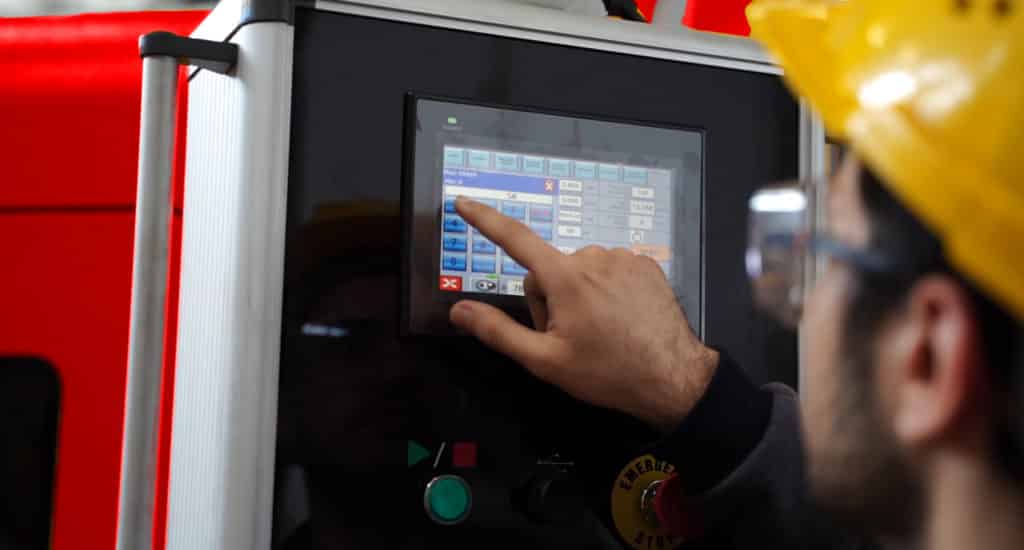
Maintain Metalworking Machines
Keeping metalworking equipment clean, lubricated and maintained isn’t just for the health of the machine, the wellbeing of the operator and other workers can depend on it as well. Any number of hazards can occur if machines aren’t kept tight and functioning as they are intended to be, causing everything from fires to flying debris.
Regular Safety Inspections
Each machine should have regular inspections of differing degrees at different intervals for safety. From a quick check every night when powering down, to a complete “physical” once a year where all electrical connections and switches are tested, sticking to a schedule of inspections without cutting corners is critical for shop safety.
It is also important to note that safety should be observed while inspecting for safety. Unless a specific check has to be performed under power, a machine’s main power should be switched off and locked out while it is being inspected.
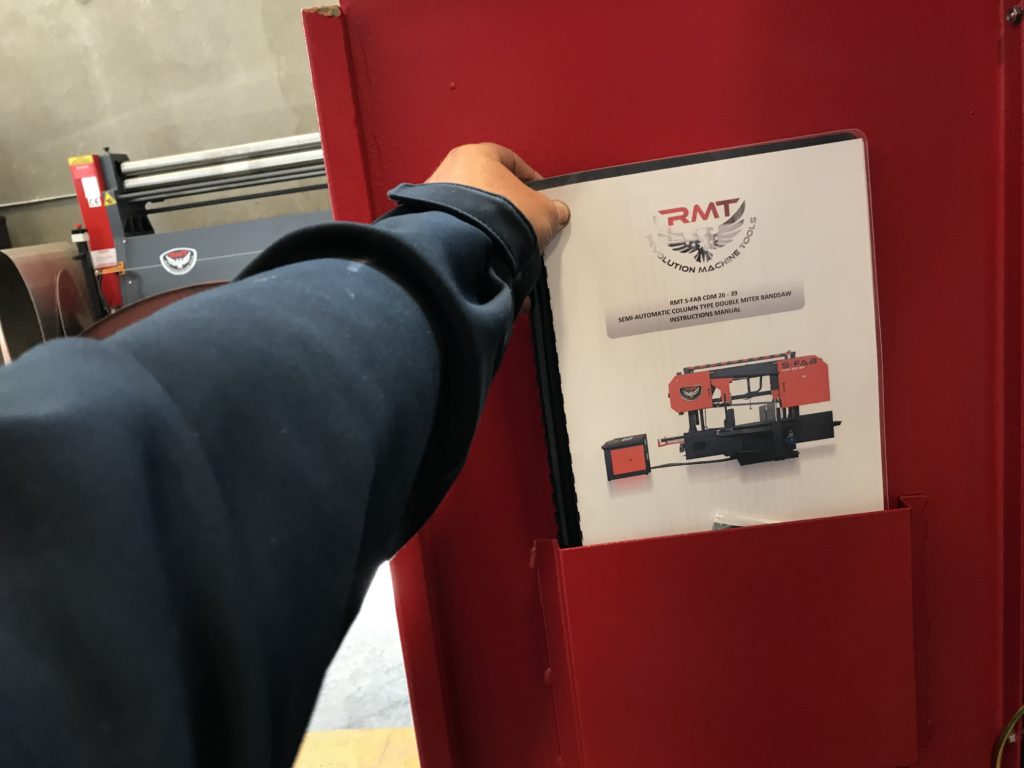
Cleaner is Safer
All personnel should get in the habit of keeping not just machines but also work areas clean. Dirt and obstacles around machines can lead to issues with not only productivity but also safety.
Keep Doors and Panels Closed
A walk-in closet might have a door hung for decorative purposes, but likely none of the doors and panels on metalworking machines were put there for show. A closed panel doesn’t just keep contaminants out of the electrical and moving parts, it also helps prevent an errant tool or hand from getting in there as well. A fiber laser can be run with its safety doors open, but all it takes is one mis-reflected beam to cause blindness in a bystander.
Material Handling Safety
Pieces of material handling equipment can improve both productivity and safety in a shop, but they also take up valuable floor space, which often poses an obstacle to foot traffic. In addition, they possess their own moving parts that can create safety concerns. Special training for working with and around these accessories should be provided to all shop workers along with training regarding the actual machines themselves.
The most important pieces of material handling equipment in your shop are also the most fragile—the operators and shop workers themselves. As they load blanks and unload parts from the machines, it is vital that they practice proper lifting techniques. Poor form in lifting and handling metal in the shop can cause permanent damage to the back, joints, muscles and other structures of the body. Even temporary discomforts will reduce productivity and can lead to more serious physical problems in the long run.
Personal Protective Equipment
All operators, shop workers and other staff and visitors that enter the shop floor should be issued personal protective gear. Those not directly involved with the operation of the machines should be required to stay a safe distance away from production.
Some of the most common yet critical injuries in the shop are also the most preventable, namely eye injuries. From flying chips in a machine shop to spraying hydraulic fluid in a fabrication facility, things that aren’t very agreeable to eyeballs can be in the air and should be guarded against with appropriate eyewear. Less tangible threats from things like ultraviolet light produced in welding and accidentally diverted beams in laser cutting can especially do real damage to the eyes, and special lenses or filters are needed for proper protection.
Good Communication, Better Safety If management operates with a mission plan that includes transparency and clear communication, all aspects of an operation will thrive. This is particularly important with safety concerns. Workers don’t need to be told just the “what” of the rules, they should be educated about the “why” as well. They likely won’t be quite as willing to cut corners if they understand the reasons that policies and decisions have been made, giving them an idea of the big picture of how they fit into a healthy and productive workplace. If an employee feels truly invested in his company, many potential safety problems won’t ever even arise.
